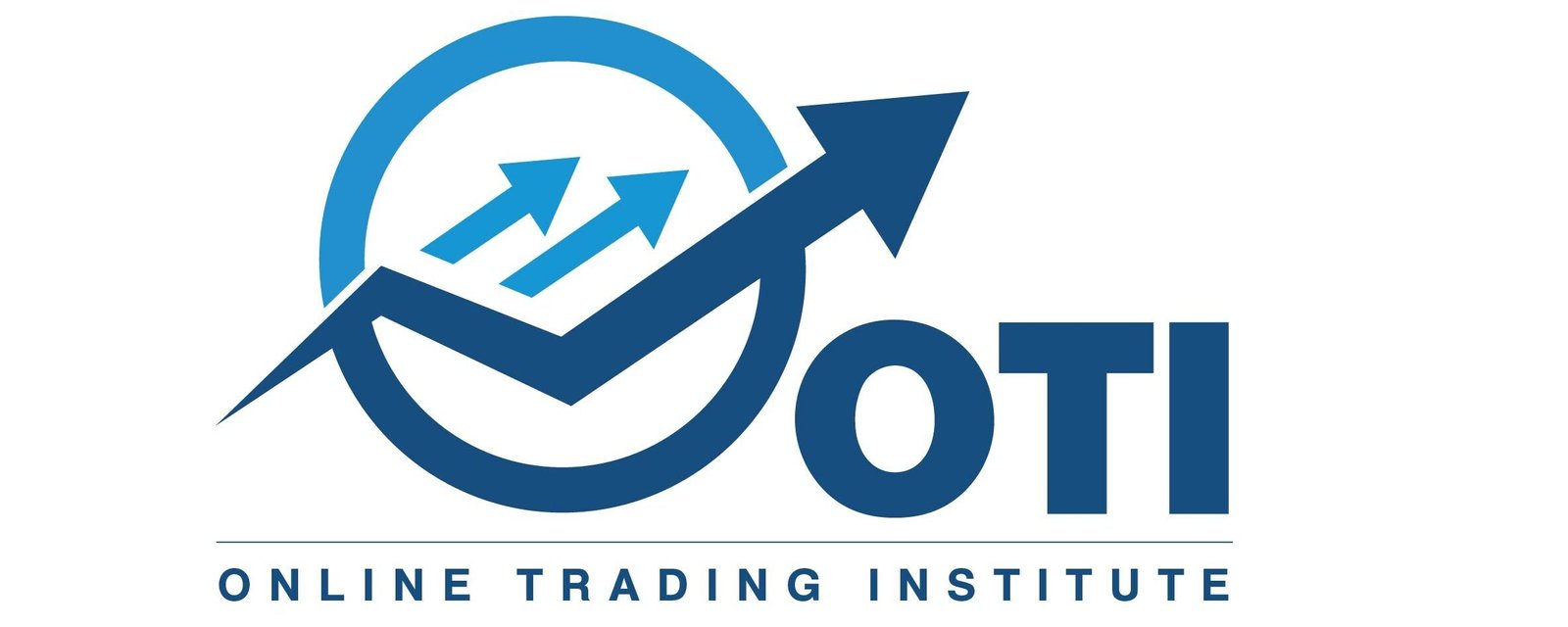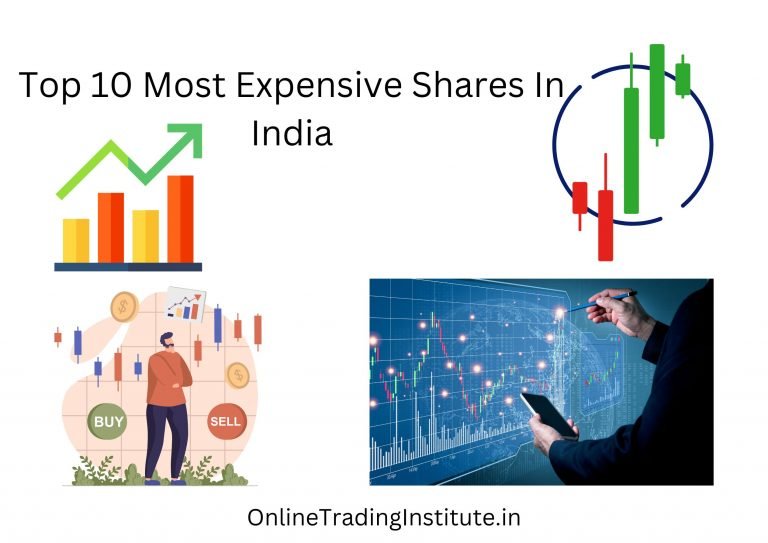5 Best Dividend Stocks In India for Passive Income
Are you someone looking for a passive income, even with a high paying job?
Read this full guide to know where to invest for passive income.
Even if you are a high earner or a big businessman, you still need a passive income to build wealth, improve your cash, and secure your future.
Passive income is defined as income generated without active participation or effort. Dividend stocks are a popular way to generate passive income.
Dividend stocks are shares of companies that distribute a portion of their profits to shareholders on a regular basis.
These payments can be made monthly, quarterly, annually, or even semi-annually.

What are Dividend Stocks?
Dividend stocks are equities that have a long history of paying dividends to their shareholders. These businesses are typically financially secure and have a proven track record of profitability.
They could also be businesses in industries that are expected to grow in the future.
How to Invest in Dividend Stocks?
Dividend stocks can be purchased in a variety of ways. You can buy individual shares of dividend-paying companies or invest in a dividend-paying mutual fund or exchange-traded fund (ETF).
If you decide to buy individual company shares, you will need to conduct some research to find companies that meet your investment criteria. This could include dividend yield, debt-to-equity ratio, and earnings growth rate.
If you invest in a dividend-paying mutual fund or ETF, you are purchasing a portfolio of dividend-paying stocks. If you want to diversify your portfolio while lowering your risk, this could be a good option.
How Dividend Stocks Work?
When you buy shares of a dividend-paying company, you are essentially purchasing a piece of that company’s ownership. This means you are entitled to a portion of the company’s profits as dividends.
Dividends are typically distributed in cash, but they can also be distributed in stock. If a company chooses to pay a dividend in stock instead of cash, you will receive additional shares of the company’s stock.
Steps to invest in dividend stock:
- Find a stock that pays dividends.
- Examine the stock
- Choose how much stock you wish to purchase.
Benefits of Investing in Dividend Stocks
There are many benefits if investing in dividend stocks, starting with:
- Regular income stream: Dividend stocks can provide you with a consistent stream of income, which can be beneficial if you are retired or on a fixed income.
- Potential for capital appreciation: Over time, dividend stocks may see an increase in value, which could result in further profits for you.
- Diversification: Investing in dividend stocks can lower your risk and increase portfolio diversification.
- Tax advantages: Generally speaking, dividends are taxed at a lower rate than other forms of income, like interest or capital gains.
Drawbacks of Investing in Dividend Stocks
Where there are benefits, there are also some drawbacks of investing in dividend stocks, which are:
- Dividend cuts: A company’s decision to suspend or reduce its dividends may result in a reduction or elimination of your source of income.
- Dividend suspension: Businesses may also choose to temporarily halt paying dividends, which might be a problem for those looking for passive incomes
- Risk of capital loss: If you sell your shares at a loss, you could lose money because dividend stocks can have a negative value as well as a positive one.
Best Dividend Stocks for Passive Income
Tata Consultancy Services (TCS)
Digital and business solutions, as well as information technology (IT) services, are offered by Tata Consultancy Services Limited (TCS).
It generates an operating revenue of Rs. 232,081.00 Cr. on a trailing 12-month basis, demonstrating remarkable annual revenue growth of 17%, a strong pre-tax margin of 25%, and an outstanding return on equity (ROE) of 46%.
HDFC Bank Ltd.
A variety of banking services are provided by HDFC Bank Limited, encompassing transactional and branch banking for the retail market as well as wholesale and commercial and investment banking.
It produces an operating revenue of Rs. 221,485.07 Cr. on a trailing 12-month basis, showing exceptional yearly revenue growth of 22%, a strong pre-tax margin of 30%, and a respectable ROE of 15%.
ICICI Bank Ltd.
Commercial and retail banking, project and corporate finance, insurance, venture capital and private equity, investment banking, and broking are just a few of the banking and financial services that ICICI Bank Limited offers.
It reports operating revenue of Rs. 199,044.47 Cr. on a trailing 12-month basis, displaying exceptional yearly revenue growth of 18%, a strong pre-tax margin of 25%, and an excellent ROE of 16%.
Hindustan Zinc Ltd.
Hindustan Zinc Ltd., the largest zinc-lead miner in India and the second-largest in the world, operates sulfuric acid and captive power plants in northwest India.
In addition to lead-zinc mines, hydrometallurgical zinc smelters, lead smelters, and pyrometallurgical lead-zinc smelters. Its market capitalization turned out to be Rs. 1,36,689.07 cr.
Infosys Ltd
Infosys Ltd is a consulting, technology, and outsourcing firm that specialises in next-generation digital services.
The firm provides services to businesses in the financial services and insurance, manufacturing, retail, consumer goods, logistics, energy, communication, telecommunications, and media industries.
After TCS, Infosys has grown to become India’s second largest information technology company.
Factors to Consider while Investing in Dividend Stocks
- Dividend History
A company that has consistently paid dividends over the years is likely to continue doing so in the future.
Examine the dividend payment history of the company. Look for companies that have a track record of consistently paying dividends over a long period of time.
- Dividend Yield Ratio
A share’s dividend yield ratio is the ratio of its annual dividend per share to its market price. It compares the dividend amount to the stock price.
A higher dividend yield could indicate a more appealing income-generating opportunity. The dividend yield ratio, on the other hand, is dynamic, as the value ratio changes with the stock price.
- Dividend Payout Ratio
The percentage of earnings that are distributed as dividends is shown by the dividend payout ratio.
A lower payout ratio suggests that the business holds onto a sizable portion of its profits for growth or reinvestment in the future, which is advantageous for long-term stability.
Conversely, a high payout ratio can mean that the business is sharing a large amount of its earnings, which might make it harder for it to invest in potential growth or survive recessions in the economy.
- Growth Prospects
Think about the company’s potential for future earnings growth and earnings. Even though dividends give income, it’s crucial to determine whether the company can increase its earnings over time.
A company’s capacity to turn a profit on a regular basis and reinvest that money back into the company for future growth is frequently correlated with sustainable dividend payments.
- Company’s Monetary Situation
Examine the company’s financial statements to learn more about its cash flow, debt levels, revenue growth, and profitability.
Strong financials and a sound balance sheet put a company in a strong position to maintain and possibly grow dividend payments.
- Valuation
Evaluation Analyse the company’s valuation in relation to both its past performance and peer values.
In addition to dividend income, a company with an appealing valuation might offer the chance for capital appreciation.
On the other hand, watch out for extremely high dividend yields, as these could indicate hidden dangers.
Conclusion
Investing in dividend stocks can be a terrific way to make passive income. It is essential to conduct thorough research and comprehend the associated risks prior to making an investment in dividend stocks.
Before making any investing decisions, you should also take your own risk tolerance and investment goals into account.
Get access to market news, updates and trends; follow our telegram channel @onlinetradinginstitute
| Disclaimer: The sole purpose of our financial articles is to provide you with educational and informative content. The content in these articles does not intend any investment, financial, legal, tax, or any other advice. It should not be used as a substitute for professional advice or assistance |





